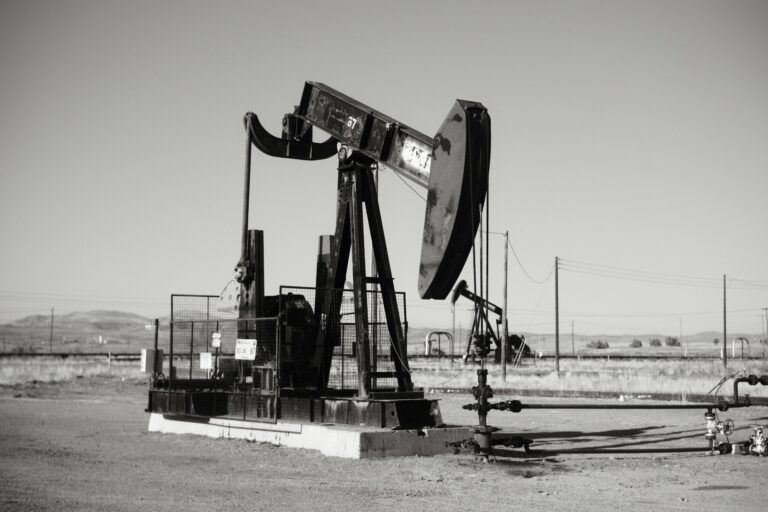Inflation has become a major concern across the globe as energy prices, particularly oil, continue to rise. Brent crude oil reached its highest price since 2014, setting off alarms about the potential long-term economic impacts. As a result, both consumers and governments are bracing for a period of increased prices on goods and services, with the threat of inflationary pressures causing widespread economic disruption.
The International Monetary Fund (IMF) has raised its forecast on global inflation, pointing to higher-than-expected price increases in key economies, including the United States and several major European countries. The surge in energy costs, driven by geopolitical tensions, supply chain disruptions, and post-pandemic recovery, has amplified inflationary risks, making it more difficult for central banks and policymakers to control the economic situation.
This sharp increase in inflation is particularly concerning because of its potential to slow down global growth. As prices rise, households face higher living costs, and businesses grapple with the increased cost of production, leading to reduced consumer spending and investment. This creates a ripple effect, slowing down economic recovery and threatening to undo progress made in the wake of the COVID-19 pandemic.
The United States has been particularly affected, with inflation rates hitting levels not seen in decades. Energy prices, including the cost of gasoline and natural gas, have been a significant driver of this surge. The US Federal Reserve, along with other central banks, is under pressure to take action to combat rising inflation. However, raising interest rates to curb inflation could risk stalling the economy further, presenting a difficult balancing act for policymakers.
In Europe, inflation has been particularly pronounced in the Eurozone, where countries like Germany, France, and Italy have seen a significant uptick in the cost of living. While much of the inflationary pressure has been linked to energy costs, other factors such as supply chain constraints, labor shortages, and rising food prices are also contributing to the overall increase in prices.
Governments around the world are faced with the difficult task of managing inflation while ensuring economic recovery. Many are already exploring measures to mitigate the impact, such as targeted relief programs for vulnerable households and businesses, as well as investing in alternative energy sources to reduce reliance on oil and gas.
Despite efforts to contain inflation, the outlook remains uncertain. Global inflation is expected to remain elevated throughout 2022, with continued volatility in energy prices and ongoing supply chain disruptions. The ability of governments and central banks to address these challenges will be critical in determining whether the global economy can avoid a more prolonged period of stagnation or if further economic slowdowns are inevitable.


